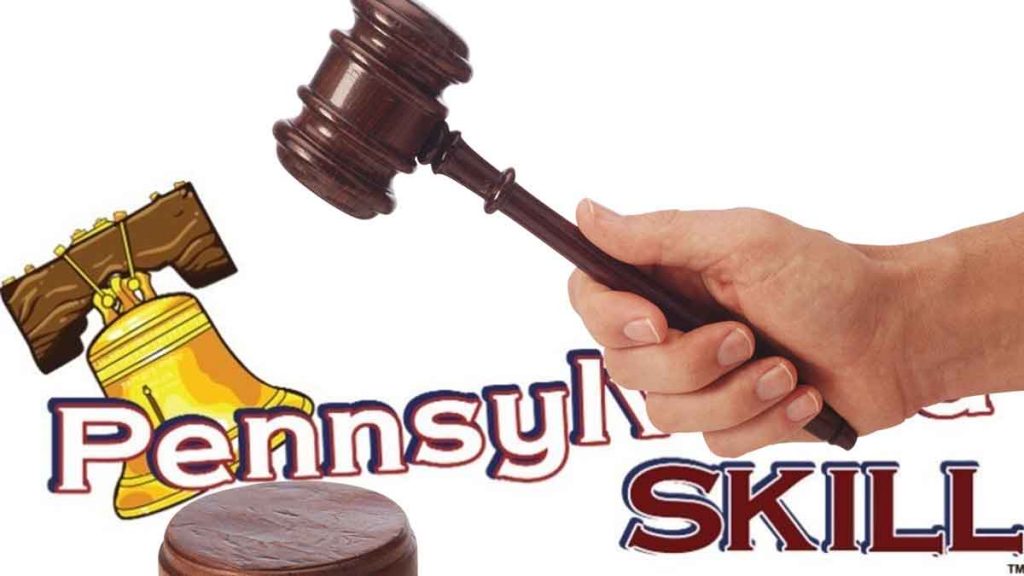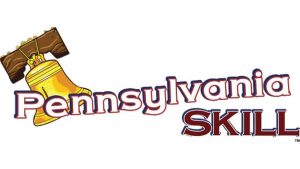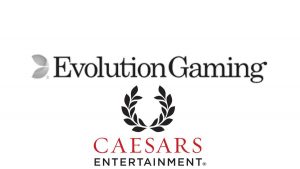Parx Casino, located in Philadelphia, is arguably the most prosperous gambling operator in the state of Pennsylvania but the company believes that its profits would increase even further if the Commonwealth did not have any unregulated skill gaming machines.
In the latest development, Parx Casino has taken POM to court in Philadelphia’s Court of Common Pleas. According to the casino, POM’s wares are essentially slot machines with a few extra bells and whistles, and their games are illegal since they don’t comply with the state’s gaming regulations.
The most prominent producers and suppliers of the divisive gaming terminals are Pace-O-Matic (POM), located in Georgia, and Miele Amusements, based in Pennsylvania. The games, marketed as “Pennsylvania Skill,” resemble slot machines featured in the state’s authorized casinos in both appearance and gameplay.
All the bells and whistles of a slot machine are present in skill games, with the player’s only task being to choose a winning payline. In the event of a successful spin, an automated slot machine will dispense the corresponding payout.
“The Pennsylvania Crimes Code makes it illegal to intentionally or knowingly make, assemble, set up, maintain, sell, lend, or lease ‘any slot machine’ except as permitted under the Gaming Act, the State Lottery Law, Bingo Law, or the Local Option Small Games of Chance Act.”
Parx Casino attorneys.
The complaint effectively asserted that licensed slot machines and skill games are “essentially the same” in their nature and operation.
Same Defense
POM asserts that its terminals have been a crucial source of support for small companies that are suffering as a result of the epidemic. Profits from the games are shared between the venue hosting the event and the games’ producer and distributor. According to Michael Barley, the chief public relations officer for POM, every dollar that is produced keeps over 92% of its value in the state of Pennsylvania and the hands of small businesses.
Contrary to slot machines at casinos, these machines are not taxed nor regulated to ensure players of a fair game or a minimum payment.








